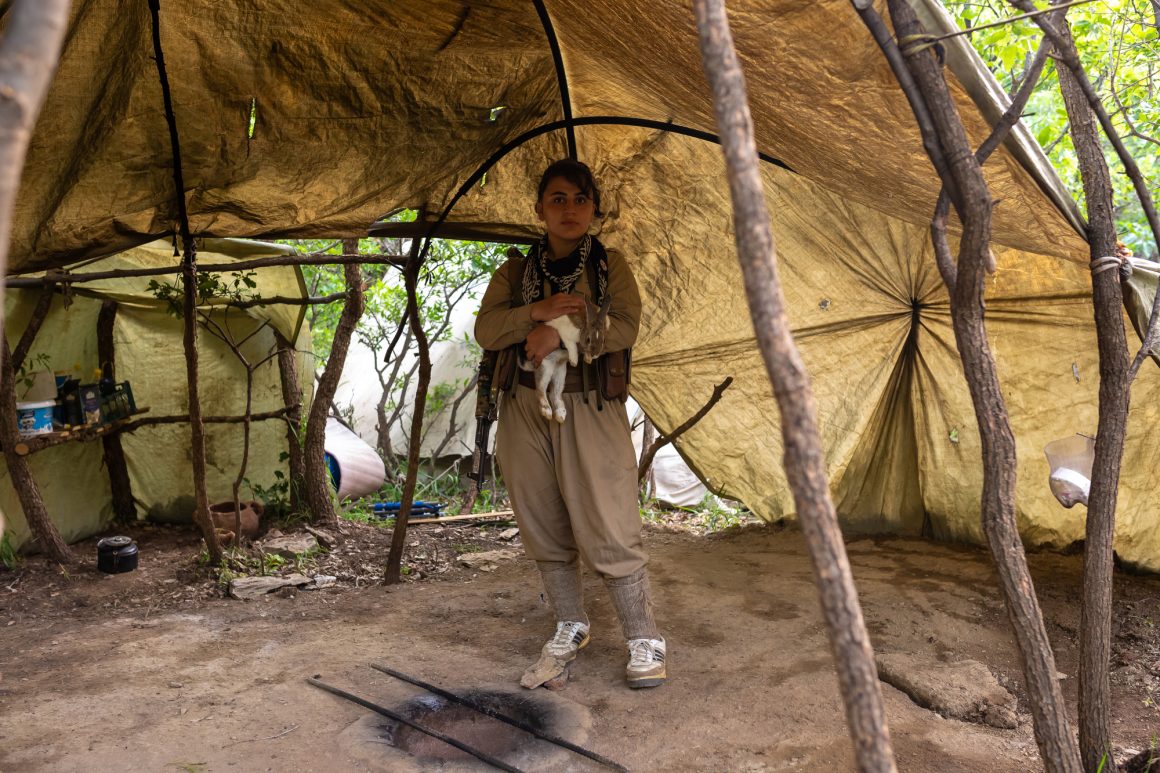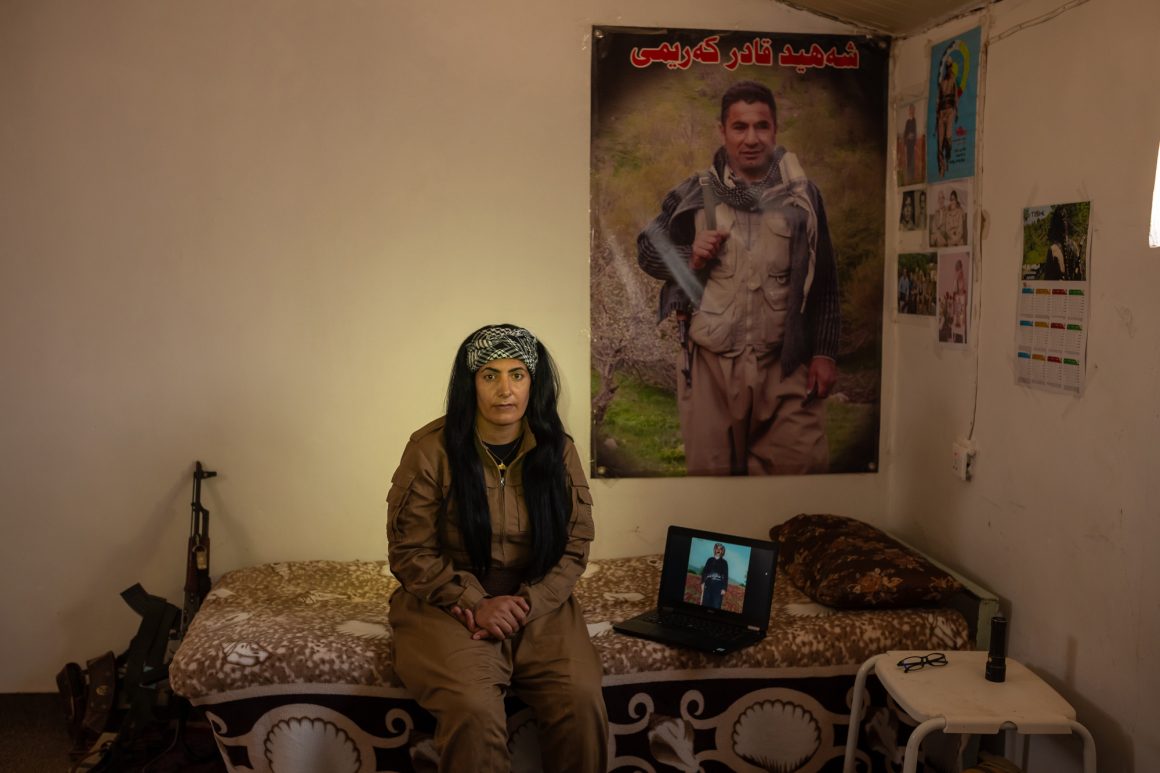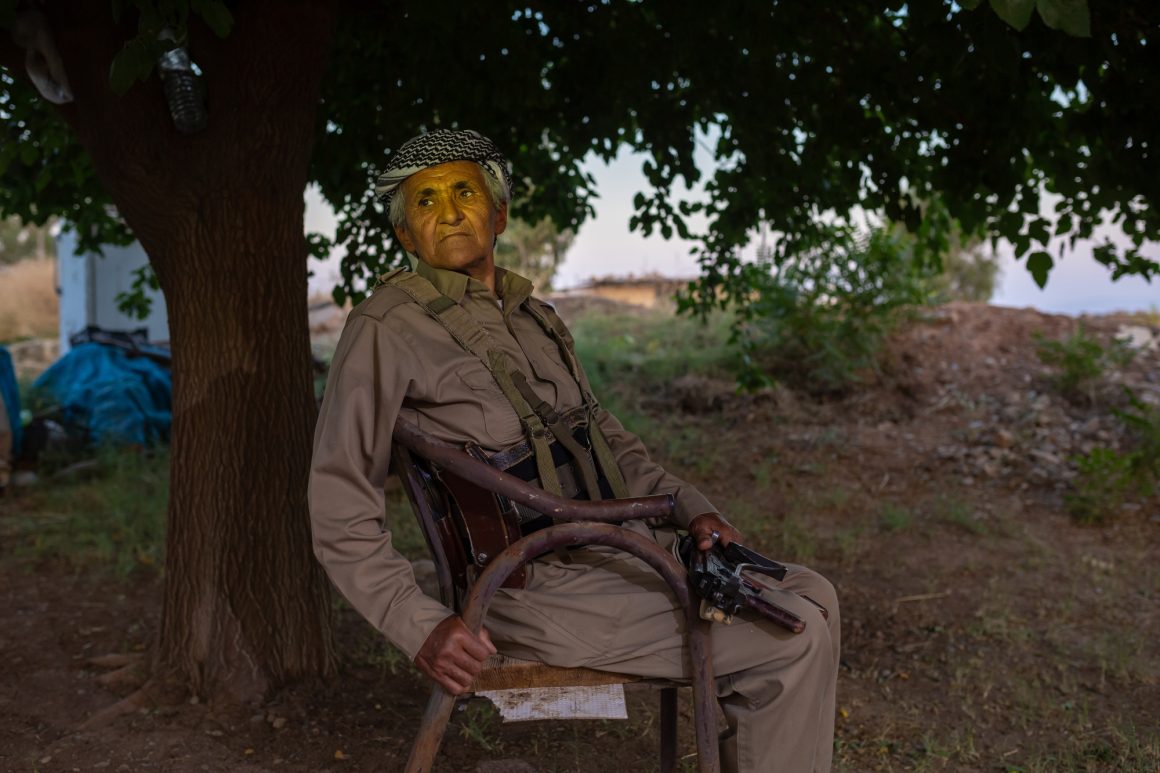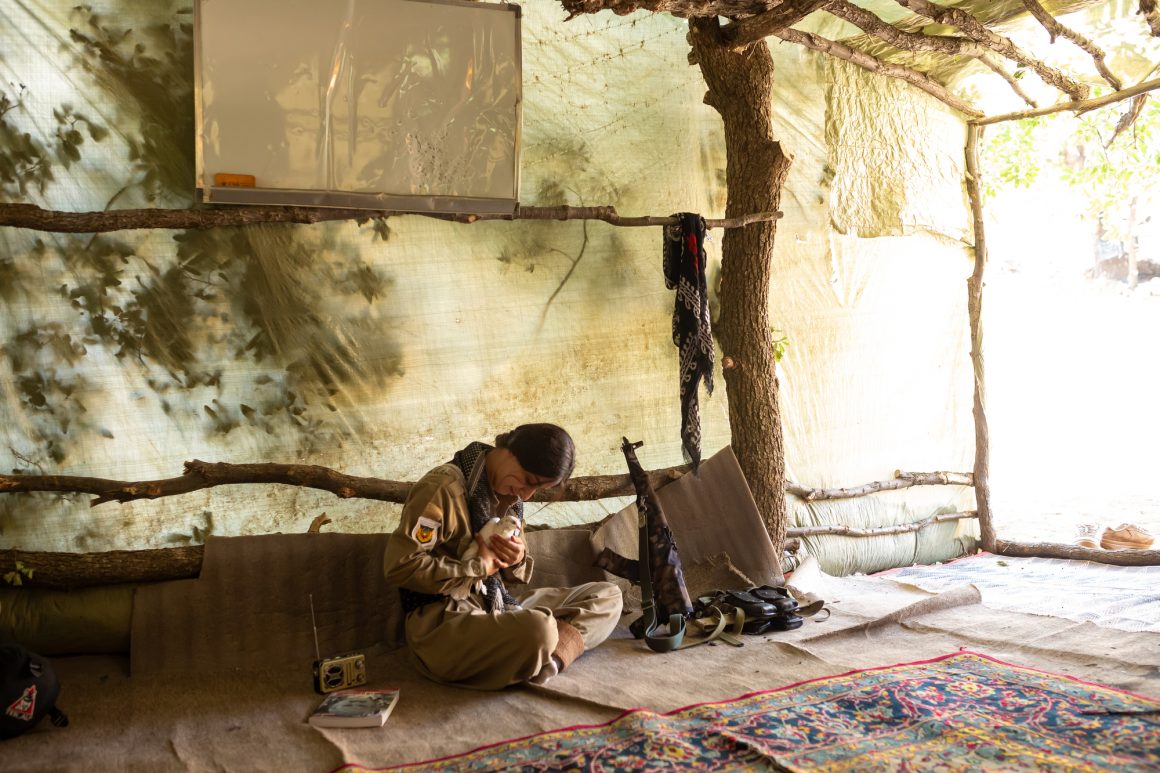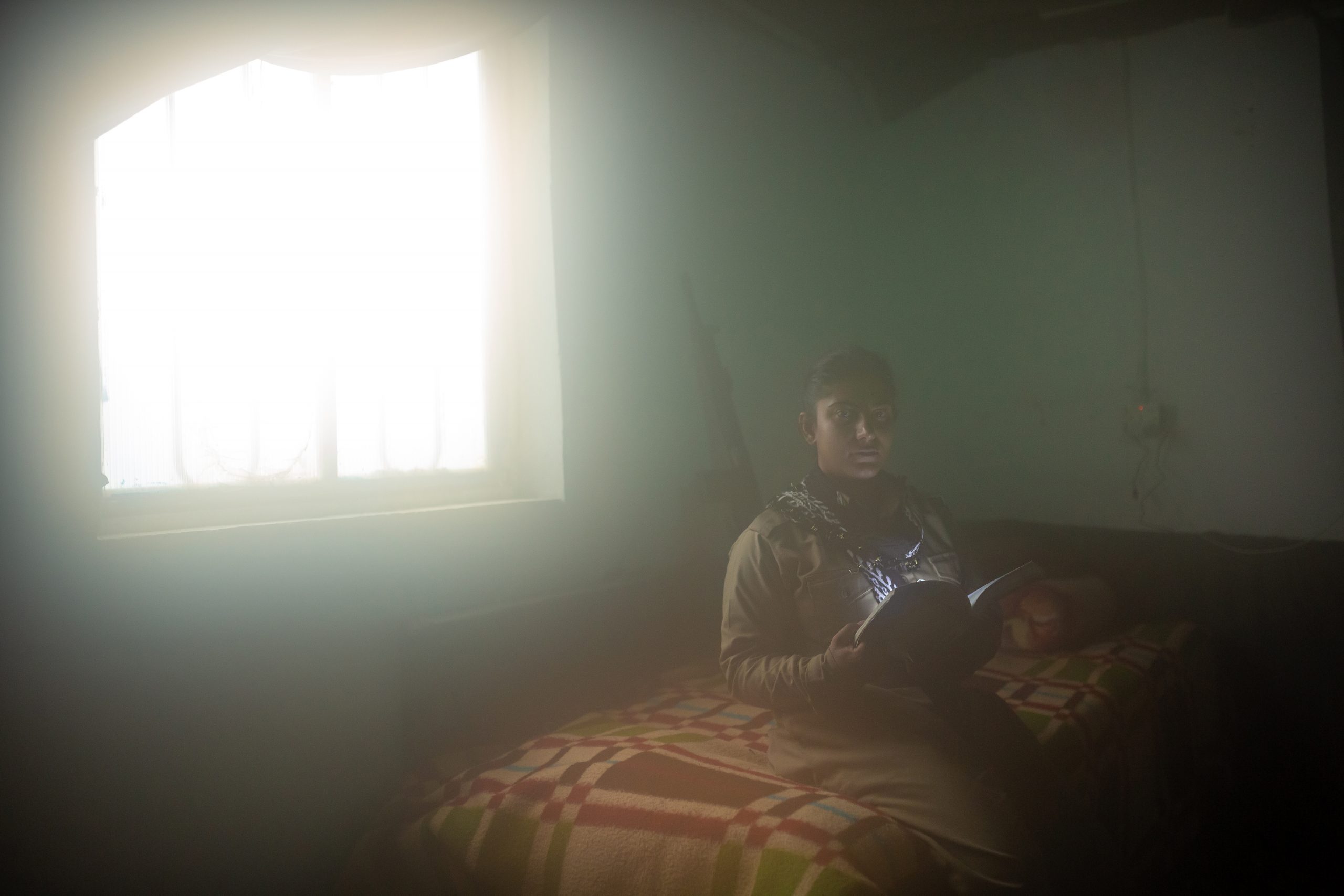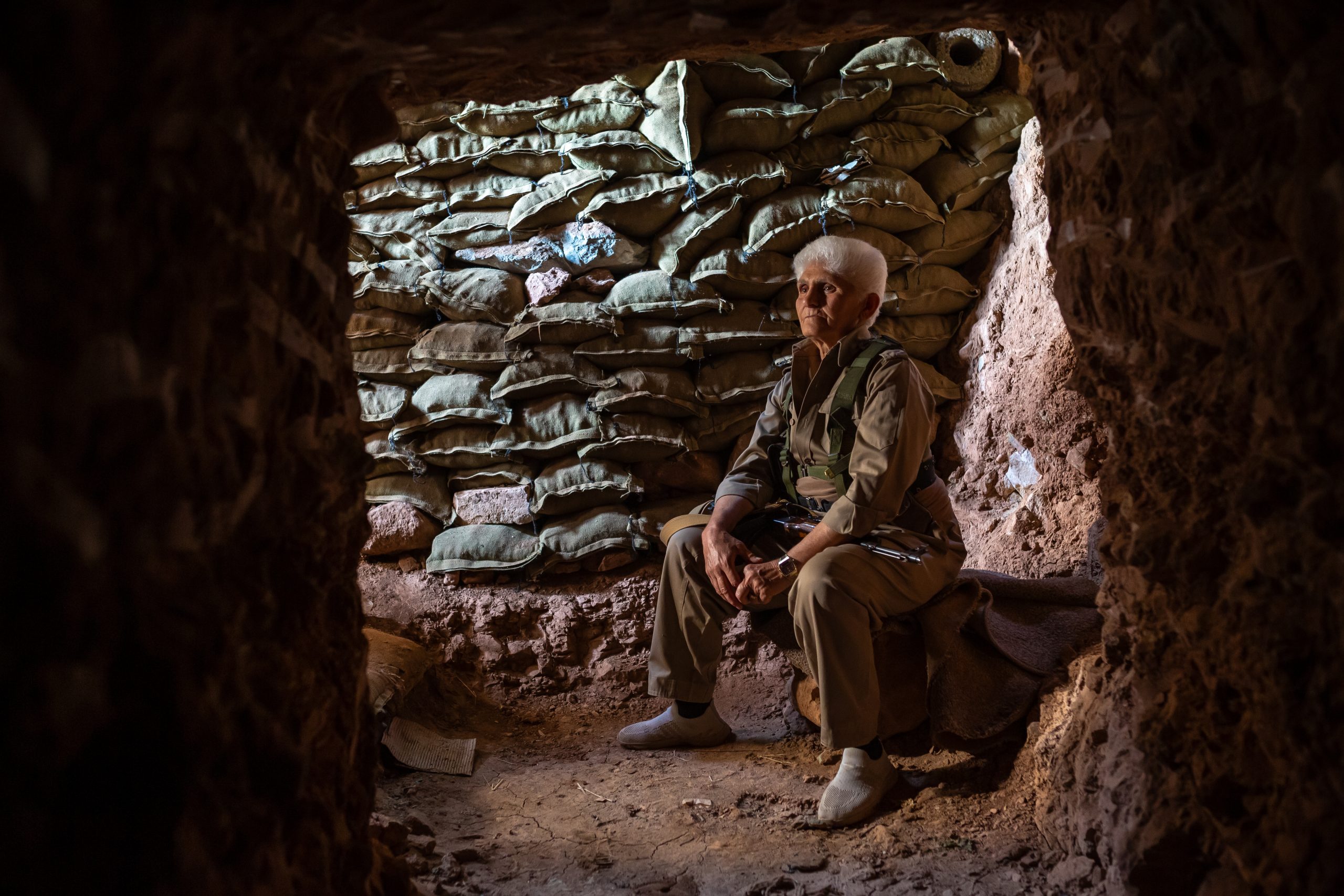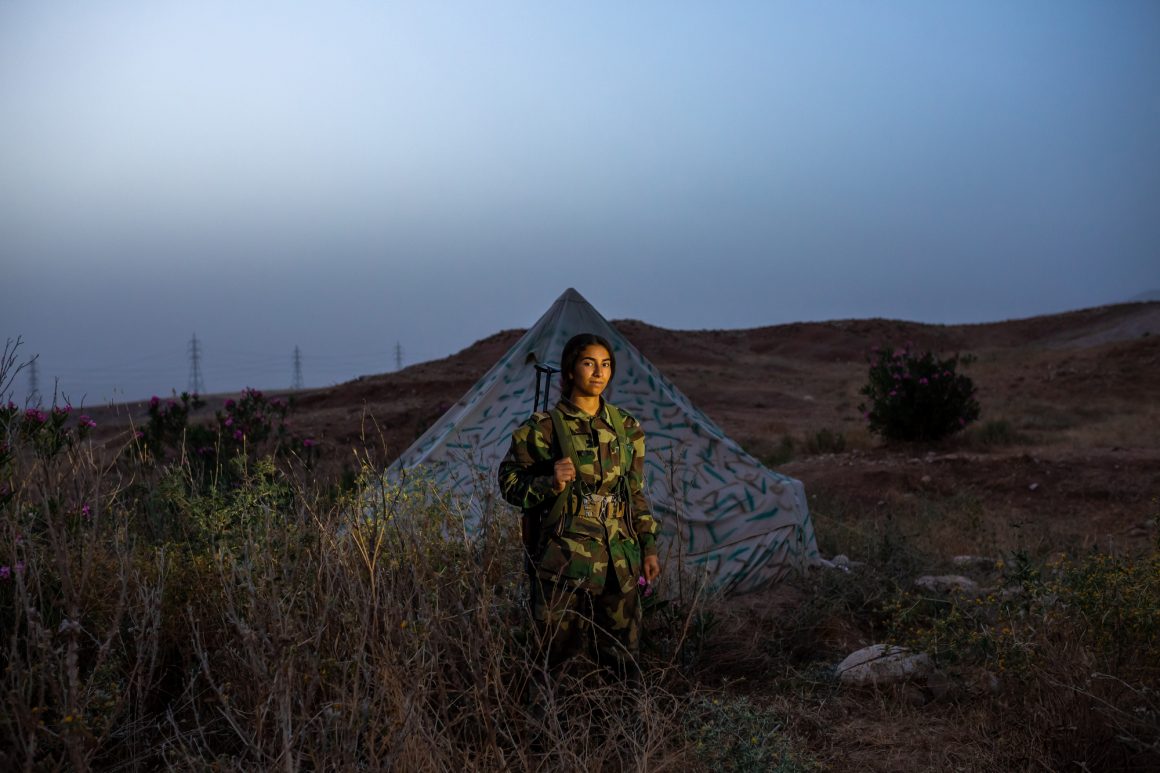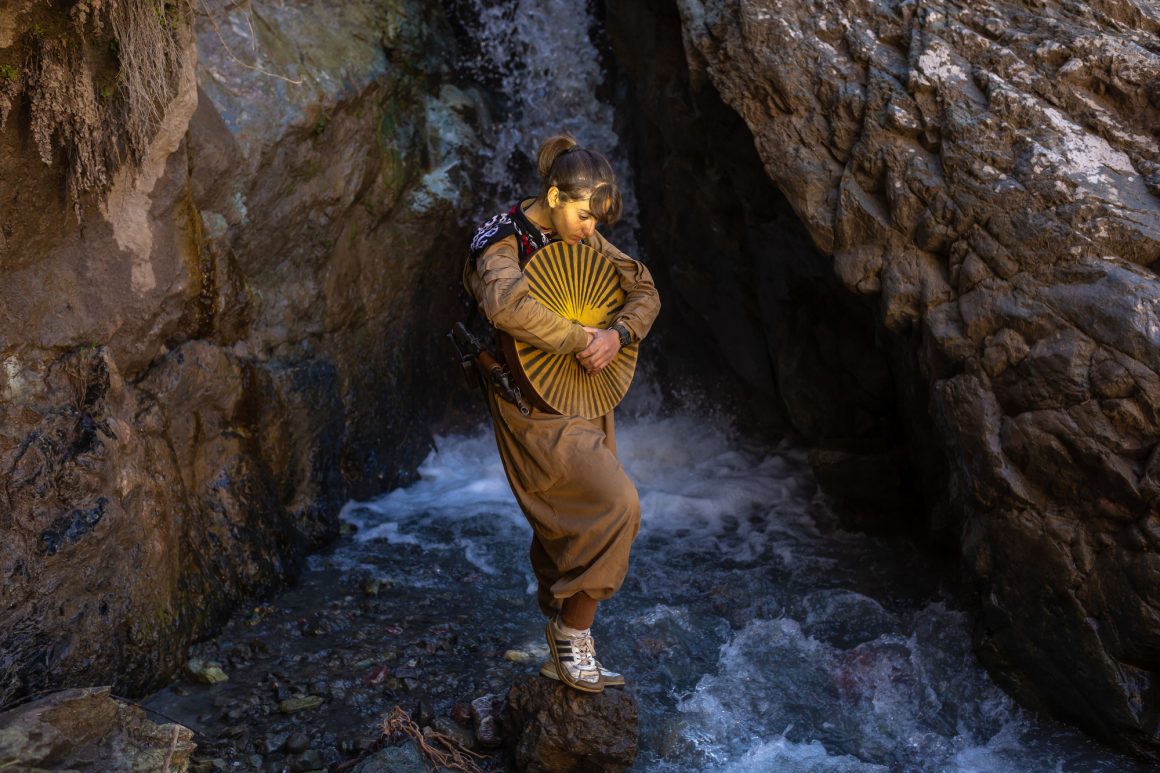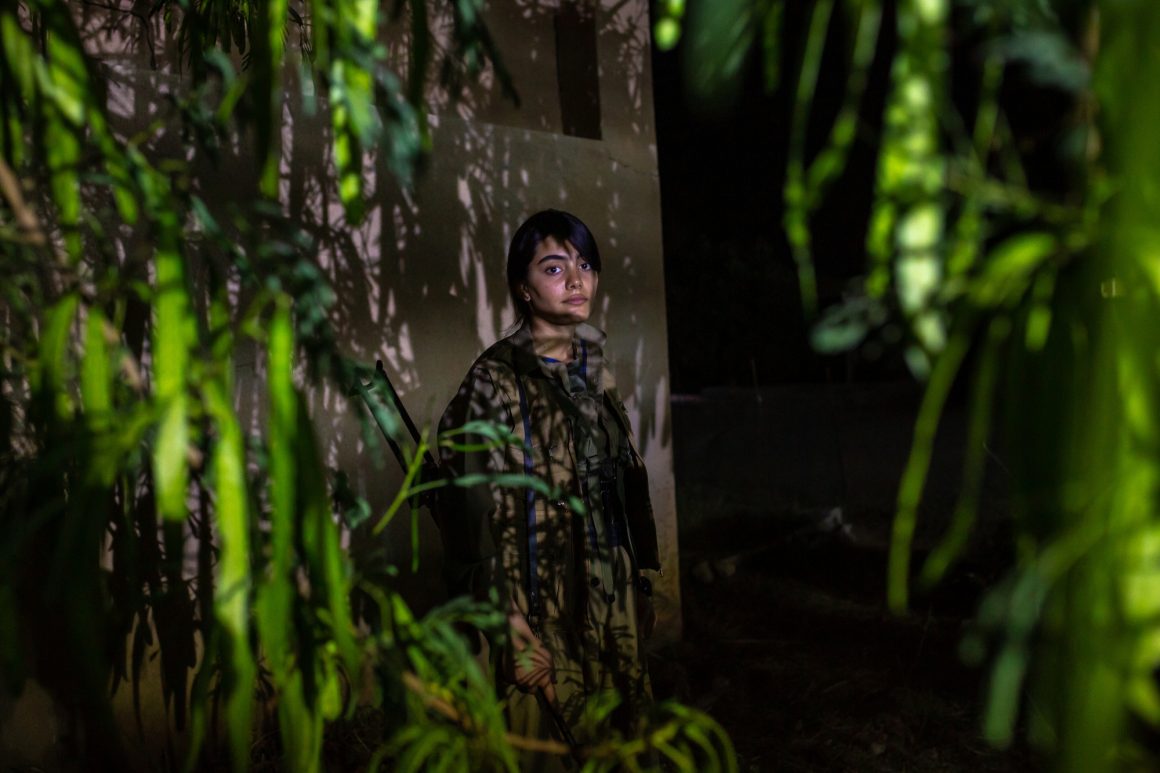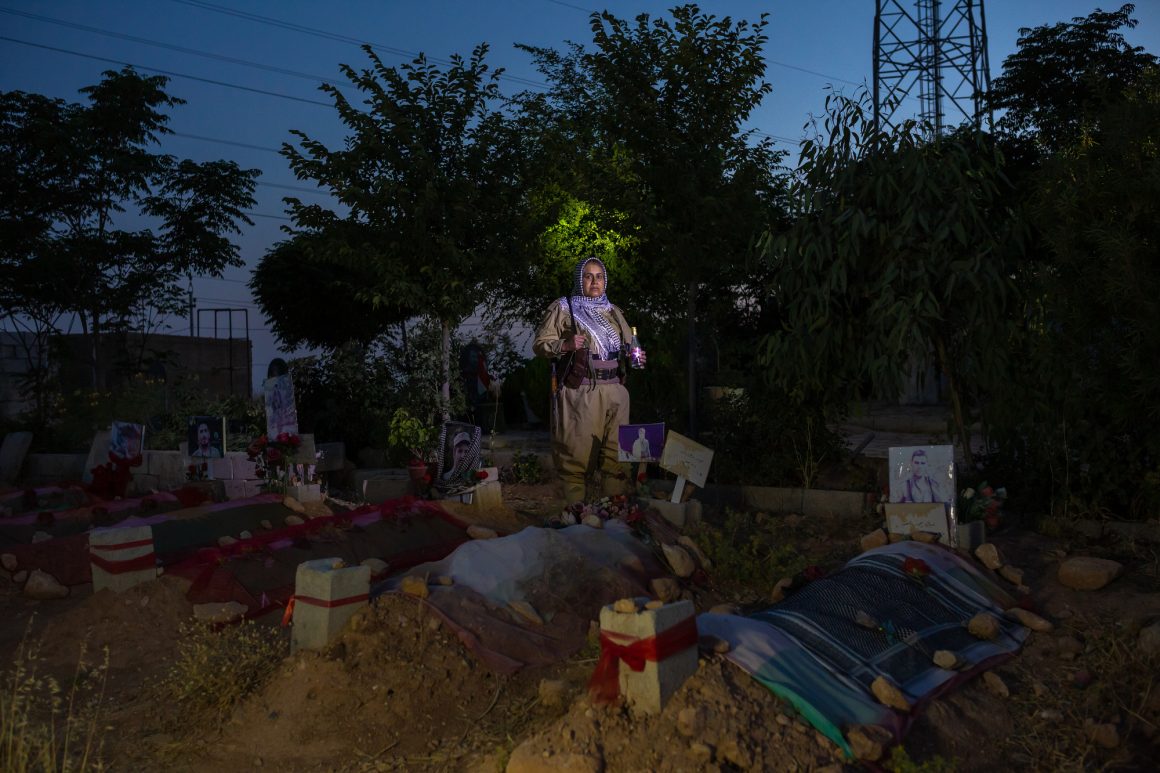
In a world full of discrimination, being a woman and being Kurdish is not without similarities. Women’s dreams of freedom, equality, emancipation, and respect are dashed by patriarchal systems, while the Kurds, because of their nationality, are irredeemably opposed as hereditary enemies. In Iran, women and Kurds share a broken destiny, walking a tightrope between life and death.
These two words, women and Kurds, have now become synonymous with resistance. Resistance to discriminatory global structures full of patriarchal norms.
This definition of a woman is more common in a place like Iran under the dictatorship of the Islamic Republic, which in the 21st century with theocratic rule revived discriminatory structures and institutionalized gender and national apartheid.
Women in Kurdistan and Iran have always suffered from historical discrimination, denial of identity, and systematic oppression.
Women are oppressed by law and by an ideological system. They are deprived of the right to divorce and custody of the child, voluntary coverage, the right to go to the stadium, to get a passport, and to travel without the permission of a man… They don’t even have the right to sing in public, to dance, to ride a bike, to do most of the sports and jobs, and became half-human in matters such as inheritance and testimony in court.
The Iranian regime, which claims to be fighting for the freedom of its people, has now turned in on itself, fighting only for its own political survival. The Iran we know today in 2023 executes opponents every day, when women are not killed simply for a strand of hair sticking out, as was the case with Zina Amini.
The revolution of Jin, Jiyan, Azadi was unique in history, especially in the Middle East region. Many people died, others lost their eyes, were kidnapped, disappeared, or executed… Yet their only claim was to the right to life and to be different.
Among them, the number of Kurdish women who have chosen to join the Peshmerga ranks as a way of fighting against the dictatorship of the Islamic Republic of Iran is huge. Of course, this choice of exile was not easy it was for them the only solution to fight for their rights. In Iran, the Islamic Republic completely blocked the political space and closed all the doors to expressing protest, and worse than that, it has made all areas of social life securitized and militarised. In this way, Kurdish women who consider themselves victims of gender-ethnic double discrimination and oppression have no choice.
The Peshmerga women of the Kurdistan Democratic Party of Iran (KDPI) escaped from their cage and entered the political arena side by side with men to practice democracy. The KDPI, an illegal organization created in the 1945s, survived the repression by relocating to Iraq, giving these women the opportunity to fight freely.
A difficult exile for all these women cut off from their families and friends, but they intend to continue to resist this intense repression in their own way. They all know that they are not safe anywhere, as Iran regularly targets them with drone and missile attacks from across their borders.
It is their story that I intend to tell you through my images.

